“I fucking hate when I act like that! Why did I say that?! I’m ruining things. I can’t keep doing this!”
This is the internal dialogue that my brain and many other brains naturally spew out after engaging in ____ behavior. Insert whatever behavior it is that you feel is self sabotaging, that you’ve been trying to stop, or that you look back on and cringe. In my case it is being overly critical of those I care about. This is a pattern I’ve noticed over the years and have been actively working on; it’s gotten much better but it’s not until I learned to love even that part of myself that I was able to really let go of the need to be highly critical (I can’t keep blaming it on being a Virgo, right?!).
In my work as a therapist, I’m often looking for new ways to help people. Throughout this search, I found something called Internal Family Systems and read a book on it by Jay Earley called Self Therapy that has been super helpful!
To over simplify it, it’s basically the concept that we all have an “inner family”; different parts of ourselves that pop their heads out at different times, have different thought patterns and behaviors, and sometimes contradict each other.
This isn't “split personality disorder”, otherwise known as dissociative identity disorder, which is actually very rare and involves literally having different personalities within you that don’t know what the other personalities have been up to.
Think of this more as those moments where you know you’re engaging in a behavior that doesn’t align with your stated values but you choose to do it anyway, and feel guilty and maybe even bash yourself about it after.
I’ve tried many years of the self judgment about the parts of myself that I wanted to make better, and to be honest, that hasn’t worked out too well. So instead, I got to know them. I even went as far as to be compassionate towards them. And something strange happened; they softened and something shifted!
I highly recommend this book, and if you’d like to give this technique a try on your own here are some steps:
1) Identify the “problem” behavior: binge eating? Picking fights with your partner? Procrastinating on something that’s super important to you?
2) This step is KEY in helping you to slow down your acting out of the behavior; get to know this part intimately. What do the thoughts, feelings, even the voice and the visual of this part have? For example, if the behavior is procrastination, maybe the thoughts that go with this are “I’ll do it another time I can just go do this thing now”. Maybe this part has a younger age that it sounds like, or it may remind you of another person in your life. In my case, the critical judgmental part was something I internalized from a family member, and when I really thought about the thoughts that came with it they didn’t feel or sound like my own. Once I recognized it I didn’t have to own it as my own and it was easier to notice when that part was coming up!
3) Acknowledge: DONT ignore the “problem”. Take a moment to acknowledge what’s happening and make space for it. This can be as simple as saying “hey, I’m doing that procrastination/judgmental/self sabotaging thing again”. The key here is acknowledgment without judgment; an open noticing what’s there without pushing it away or condemning it.
4) Investigate: Why does this part exist?! Every part of us arose from a need throughout our lives. These parts then can become solidified and develop habits over time that no longer serve us, but let’s assume that every parts original purpose was to HELP. Big mindset reframe! If it is procrastination, this part may be protecting you from the fear of failure if you begin. Self criticism can often derive from somebody who was criticized throughout childhood as a protective means to “prepare” you internally before you were judged and criticized by someone externally. Self sabotaging relationships may be a part that is trying to protect you from letting someone in and getting hurt again. Beginning to understand that at some level these parts developed to help us can lead us to a more compassionate approach, and help us be softer with ourselves.
5) Compassionate intervention: Once you have gotten to know the part, what it’s purpose is, and met it in a compassionate way, KINDLY tell it to take a seat. Think of this as coming from your kind, wise self part. A gentle “I know you’re here to help, but I got this” may help this part soften.
This work on ourselves is an ongoing process, and there’s never an “I’m all done now!”. That’s part of the beauty of this human ride we’re all riding right now; there are endless things to be curious about and to heal through. Here’s to compassionate understanding of ourselves and where we came from, and embracing our capacity for change and healing.
Chelle

